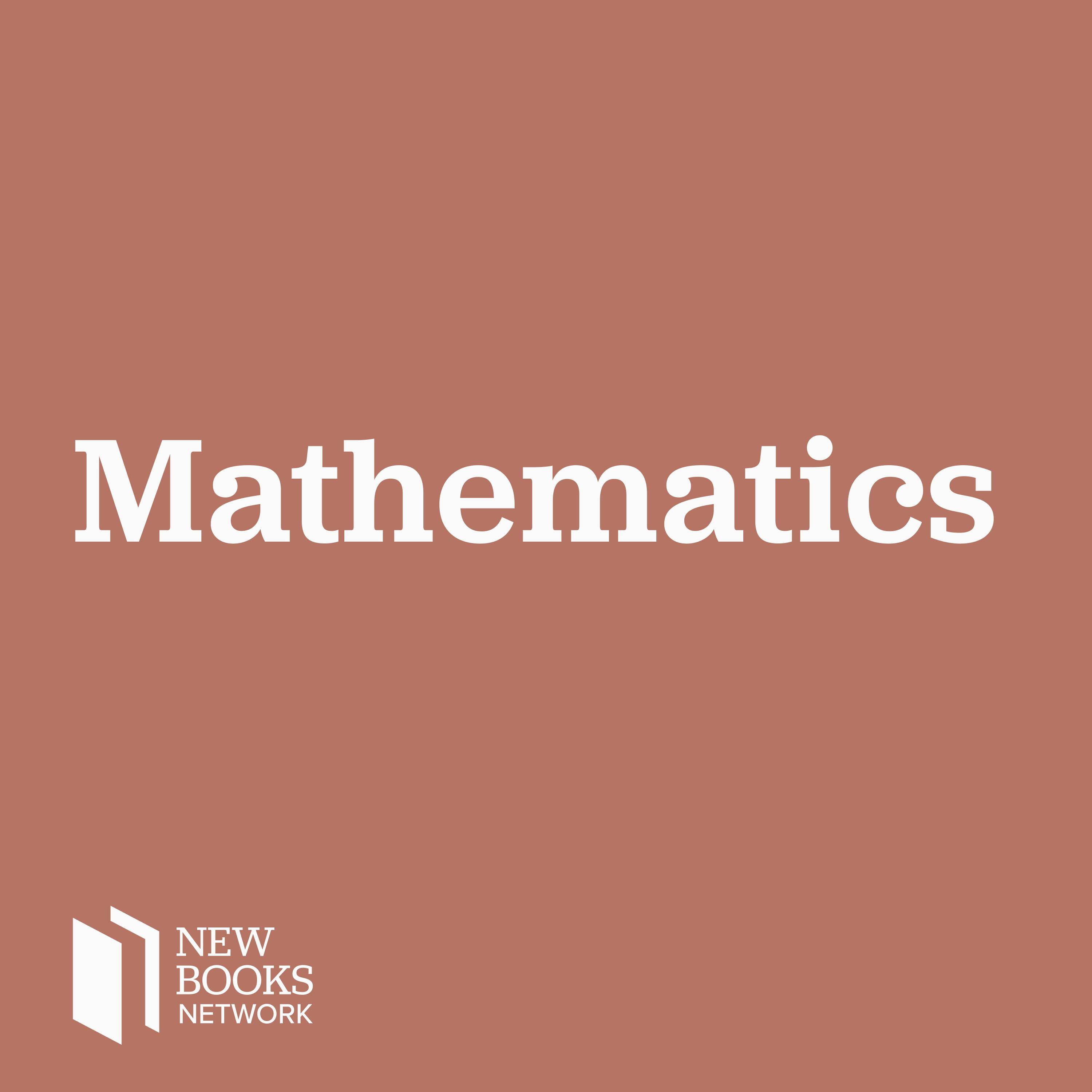Scott Gehlbach, "Formal Models of Domestic Politics" (Cambridge UP, 2021)
Description
Formal mathematical models have provided tremendous insights into politics in recent decades. Formal Models of Domestic Politics (Cambridge UP, 2021) is the leading graduate textbook covering the crucial models that underpin current theoretical and empirical research on politics by both economists and political scientists. This textbook was recently updated to reflect the wealth of new theory-building around the functioning of authoritarian regimes, as well as to include recent developments in the theory of electoral competition, delegation, legislative bargaining, and collective action.
Author Scott Gehlbach is a professor at the University of Chicago, where he is the director of their new PhD program in Political Economy. He is a widely published political economist, with influential articles published in both economics and political science journal as well as two other books. Scott also has a regional specialty in the politics of Russia, Ukraine, and other postcommunist countries.
In our interview, we discuss what formal models are, how they work, and illustrates their usefulness with several examples. We also speak briefly at the end about current Russian politics and the ideas he outlined in his February Washington Post Monkey Cage blog piece on the implications of the invasion of Ukraine.
Host Peter Lorentzen is an Associate Professor in the Department of Economics at the University of San Francisco, where he leads a new Master's program in Applied Economics focused on the digital economy. His own research focus is the political economy of governance in China.
Learn more about your ad choices. Visit megaphone.fm/adchoices
Support our show by becoming a premium member! https://newbooksnetwork.supportingcast.fm/mathematics
More Episodes
Published 04/15/24
The stereotype of the solitary mathematician is widespread, but practicing users and producers of mathematics know well that our work depends heavily on our historical and contemporary fellow travelers. Yet we may not appreciate how our work also extends beyond us into our physical and societal...
Published 04/15/24
What's the best way to determine what most voters want when multiple candidates are running? What's the fairest way to allocate legislative seats to different constituencies? What's the least distorted way to draw voting districts? Not the way we do things now. Democracy is mathematical to its...
Published 02/01/24


